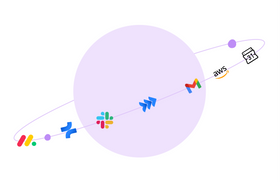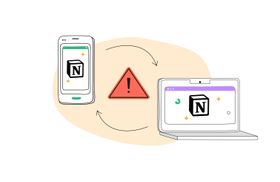Knowledge Management vs. Content Management: 5 Key Differences
While content management and knowledge management are intertwined, read on to explore five key differences between the two systems.
Published August 12, 2022
Due to their shared focus on creating, managing, and distributing content, content management and knowledge management are sometimes intertwined.
Content management is the process of generating and organizing content for various channels. A content management system (CMS) is a document management system that significantly improves an organization’s ability to deploy, edit, or approve content quickly.
Knowledge management is how information is gathered, organized, and distributed across an organization. A knowledge management system (KMS) helps organizations capture, update, and store information on a single platform. It improves user experience and eliminates information silos that hinder collaboration and efficiency.
5 Key Differences
Content Creation
In a CMS, content creation is handled by a dedicated group of people: content creators or writers and reviewers. In a KMS, however, everyone is a potential contributor, even outsiders.
Update Frequency
CMS is usually hosted on a website and updated regularly. But updates are essential to a KMS, which relies on them as a basic component. Regular updates occur as a result of interacting with the system daily.
End Consumer
CMS's end users are often customers or prospective customers, while KMS's end users are typically company employees.
Commodities
In a CMS, information is king. The purpose is to provide customers and prospective customers with timely information they may find relevant. In a KMS, it's more about imparting understanding in addition to information between employees by facilitating an exchange of perspectives and knowledge.
How Information Is Relayed
KMS facilitates the exchange of information by allowing individuals to participate and interact, whereas CMS pushes information one way with no exchange intended.
Related Articles

How Powerful Intranet Search Improves Employee Productivity
Roy Shaked
April 11, 2023

Can a Great Intranet Search Really Support a Better Employee Experience?
Noam Limor
April 7, 2022

Notion Not Syncing Across Devices? 4 Ways to Fix It
Marcel Deer
March 24, 2023

4 Simple Steps to Building a Knowledge Graph
Marcel Deer
May 21, 2023

Intranet Governance: 4 Key Considerations for Intranet Strategy
Marcel Deer
May 22, 2023